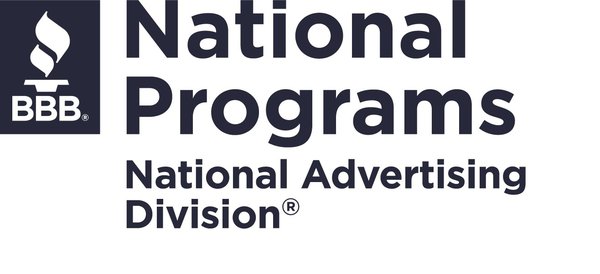
Mobile providers, by continuing
to dispute each other’s ad claims via the National Advertising Division (NAD) of BBB National Programs, have spent the past quarter providing an ongoing look at how self-regulation works.
In the latest development, announced Tuesday, the Ryan Reynolds-owned Mint Mobile will cease promoting itself as providing unlimited high-speed data as the result of a decision by the National
Advertising Review Board (NARB), which is where cases initially decided by the NAD go on appeal.
The NARB, in a challenge brought by AT&T, found that Mint’s throttling users to 2G
speeds after a specified data usage limit did not constitute “’unlimited’ data as consumers understand that term.”
NARB said it was particularly troubled by an ad
labeled "You’ve Got Data," in which "buckets" from left to right were labeled 4GB, 10GB, 15GB, and, finally, "UNLTD." This “communicated a strong message that the fourth plan provided
unlimited data,” NARB said.
advertisement
advertisement
In a similar ruling a week ago, the NAD determined that Comcasts’s Xfinity 5G plans could not claim to offer unlimited data since its “customers
get access to 5G speed up to 20GB of data per month. After [that], a customer’s data is limited to 3G speeds.”
Comcast said it would not appeal the NAD’s decision.
T-Mobile, which brought the Comcast case, has itself been caught in the NAD crosshairs. Last month, the watchdog ruled that T-Mobile should stop promoting itself as the most "most
reliable” 5G network.” The company said it would appeal that decision to the NARB.
T-Mobile’s ads had been challenged by both Verizon and AT&T.
T-Mobile,
meanwhile, had brought its own case against Verizon’s 5G comparative performance claims, with the NAD ruling in October that several such claims “are supported or are non-actionable
puffery.” Such puffery included use of a hashtag, #5GBuiltRight, in social media.
However, NAD recommended that other challenged claims be modified or discontinued, including those that
overstated the benefits of 5G Ultra Wideband.
Verizon said it would abide by all the NAD recommendations.
AT&T itself last month was supported by the NAD in promoting a
“faster internet experience” than cable when it came to large file uploads and in its claim of “consistent speed, even at peak times.” However, in the challenge brought
by Charter Communications. NAD recommended that AT&T discontinue or modify other claims of performance, pricing, and bandwidth.
AT&T said it would appeal the negative decisions to the
NARB.
“We are pleased the telecom industry relies on independent, industry self-regulation to ensure advertising to consumers is truthful,” Laura Brett, vice president of NAD, told
Marketing Daily. “Although participation is voluntary, it is encouraging that so many companies and industries rely on our self-regulatory system and choose to participate in the process
to support truthful advertising and level the playing field.”
While mobile providers have been exemplars of the self-regulation process, an example of what happens when voluntary
measures don’t work was provided Wednesday in the health category when the NAD was forced to forward a case to the government for enforcement.
Back in January 2020, in a challenge from
Bayer, the NAD had ruled that PLx Pharma should modify some claims for its Vazalore aspirin product. PLx said it would comply and not appeal to the NARB.
However, the NAD has now determined
that a Vazalore TV commercial claim of “Aspirin Made Amazing” was “substantially similar to the claim NAD recommended be
discontinued in the underlying challenge." That claim was "The Miracles of Aspirin Fully Realized.”
As a result of this and some concerns with trade advertising, the NAD has now sent the
case to the Federal Trade Commission for review and possible enforcement action.